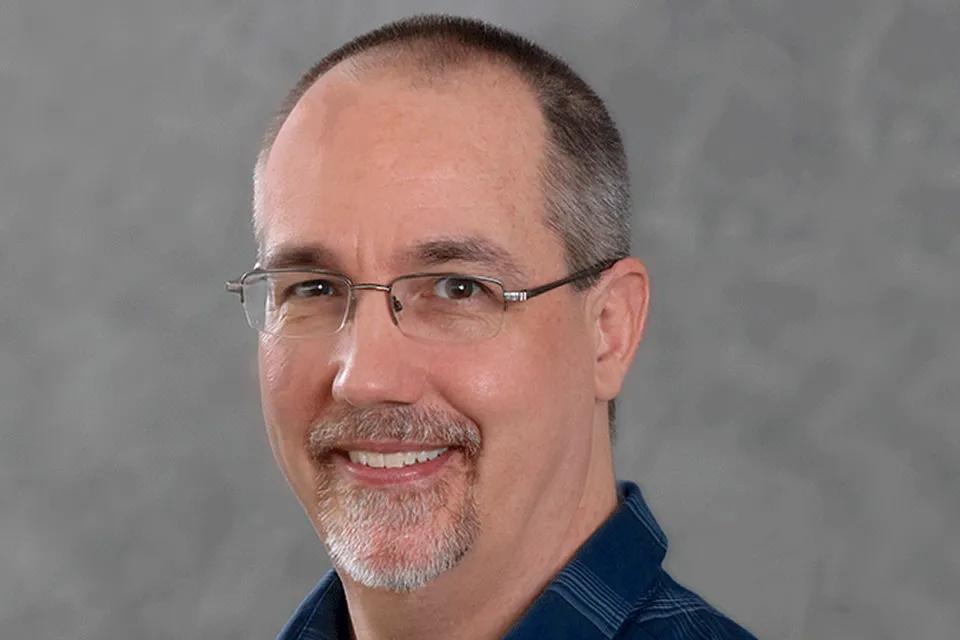Clinical supervision is so much more than arbitrary case reviews and signatures. An understanding of newer evidence-based approaches, such as acceptance and commitment therapy, and bring more vitality and clinical value to your supervision sessions.
One of the newer models is the SHAPE framework (Morris & Bilich-Eric), which can help move supervisees from passive participants to curious, competent, flexible professionals. It is an accessible, contextual model that teaches supervisees to:
• identify when to persist and when to change what they do in therapy
• learn from experience and loosen strict rule-governed behaviors
• avoid getting caught up in struggles with clients’ thoughts and emotions
• construct the big picture of what therapy and supervision are all about
• take small action steps as key to creating a pattern of change
Through lecture, discussion, video, case examples, and experiential exercises, Dr. Richard Sears will bring the principles of effective clinical supervision approaches to life with his wisdom, humor, and passion to help SHAPE your supervisees into competent professionals in your very next supervision session!
Course Objectives
At the conclusion of this course, participants will be able to:
- Apply supervisory strategies for helping supervisees develop psychological flexibility as related to case conceptualization and treatment implementation
- Create clinical strategies for giving difficult and constructive feedback to supervisees
- Demonstrate a functional analysis of how the supervisee affects client behaviors
- Prepare experiential exercises to utilize in clinical supervision to enhance supervisee competence and address barriers to effective treatment
- Apply techniques to help supervisees be more present with clients, even with uncomfortable emotions
- Analyze how the six core principles of acceptance and commitment therapy apply to clinical supervision practices and goals
- Describe the six processes of change in psychotherapy that cut across therapeutic orientations
Instructional Level
Licensed mental health professionals employed through Kaiser Permanente and psychological assistants performing under supervision of a licensed psychologist.
This CE program is free to Kaiser Permanente employees.
Instructional Methodology
Lecture
Audio/Visual
On-line Presentation
Continuing Education Information
Kaiser Permanente Northern California Mental Health Training Program is approved by the California Psychological Association to provide continuing professional education for psychologists. The Kaiser Permanente Northern California Mental Health Training Program maintains responsibility for this program and its content.
Refund and Attendance Policy
All programs offered on KP Learn for CE credit through the KP Northern California Mental Health Training website are free of charge to Kaiser Permanente Staff and trainees. Once a course is selected in the KP NCAL MH Training Website, the registration process begins, and it will appear in the individuals KP Learn profile for completion within 90 days.
IMPORTANT NOTICE: Those who attend the program in full and complete the appropriate evaluation form will receive CE credits. Please note that credit will only be granted to those who attend the entire program. An attestation of attendance will be given once the individual has completed viewing the program, which will then initiate the final steps of completing the evaluation forms to receive a certificate of completion.

